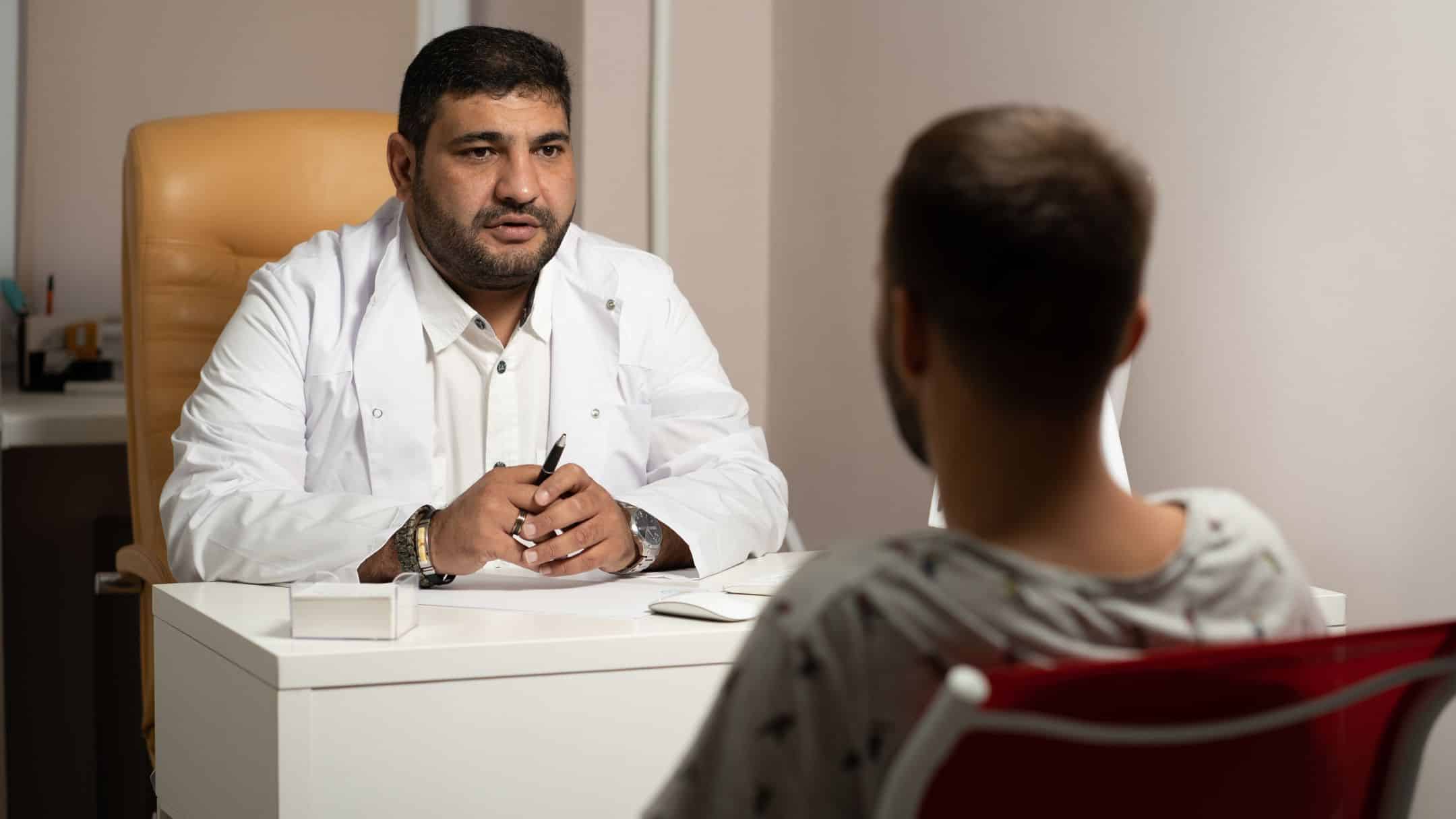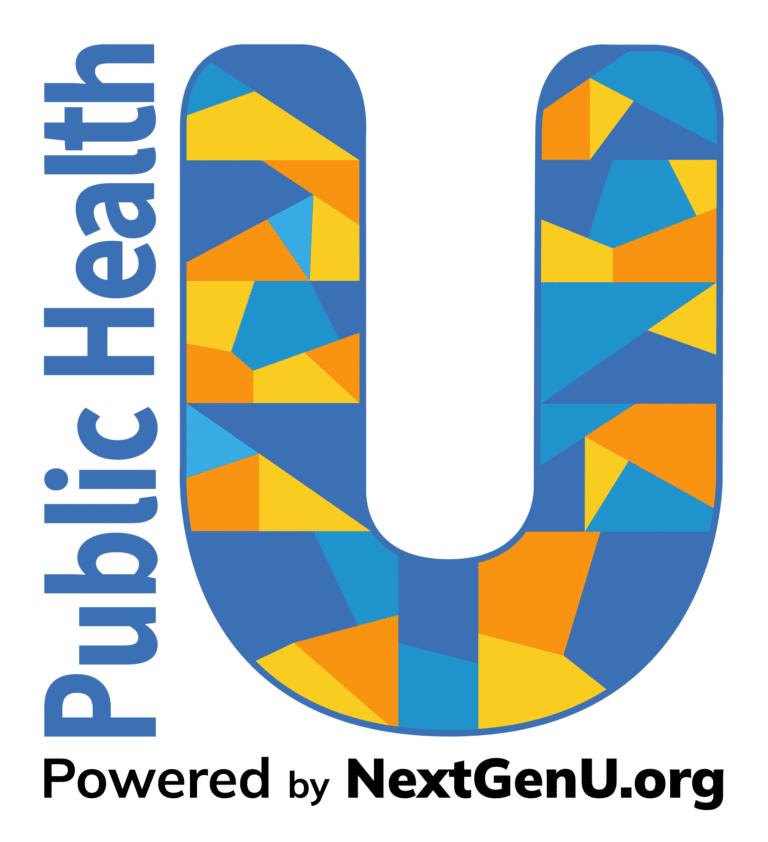The Center for Disease Control (CDC) defines public health as “the science and art of preventing disease, prolonging life, and promoting health through the organized efforts and informed choices of society, organizations, public and private communities, and individuals” (Winslow, 1920 as qtd. in CDC, 2022). This definition underscores that public health has been and will continue to be vital to helping everyone live a long and healthy life. While most of us tend to think about public health primarily during a crisis, public health officials work daily, and often invisibly, to keep whole communities healthy and safe, locally and around the world, by preventing disease and injury.

Public health utilizes a model termed the epidemiologic triad that allows for an analysis and development of strategies against disease that accounts for all the complex interactions among the host, the agent of disease, and the environment (MentalHelp.net). While the epidemiology triad model existed initially to address infectious diseases, it has been used for many diseases and is now a useful framework to combat the addiction epidemic. Addiction is a disease of great public health importance, and there is also a “moral obligation to address substance misuse and substance use disorders effectively for all Americans” (SAMHSA, 2016). A holistic public health response promotes increased access to both treatment and prevention programs. These programs must be multi-sectorial and include health care, education, and criminal justice. They must provide a comprehensive range of interventions, including education of individuals on the dangers of substance use, control of and reduction in access to addictive substances, policies that discourage use and provide for adequate treatment, and anti-stigma messaging that changes peoples’ attitudes toward substance use disorders (SUDs) and those who suffer from them.
Like many other public health issues, substance use disorders are preventable. Public health interventions with the longest-lasting benefit include environmental controls and improvements in social determinants of health to reduce the need to self-medicate, control access to addictive substances, and promote protective factors in communities and families (Butler, 2017). Other effective measures include taxation to reduce excessive and underage alcohol consumption and age restrictions to limit access for youth and limit advertising of addictive substances (Butler, 2017).
However, for public health interventions to work, there must be treatment as well as prevention. Research shows that substance use disorders are brain disorders that can be treated like other chronic diseases, such as diabetes, hypertension, or asthma (Butler, 2017). People with even the most severe SUDs can recover with access to evidence‐based treatment and social support (Volkow et al., 2017).
Two major obstacles to receiving treatment must be overcome. First, the number of providers skilled in addiction treatment is limited, and qualified providers may not be available in many areas. While there appears to be an increasing number of health professional graduates in higher-income countries, low-to-middle-income countries (LMICs) continue to suffer because of a lack of opportunities and the ever-present brain drain, which sees trained professionals leaving the LMICs for richer countries (Frenk et al., 2022). Most medical providers have little or no specific training in the neurobiological basis of addiction or the clinical management of substance misuse and addiction. Basic training and continuing professional education based on a science-based view of addictions and evidence-based methods for withdrawal management and recovery maintenance could improve the care of persons with SUDs. While efforts are underway in the US, this needs to be accelerated in order to meet the need for more trained professionals.

Education in SUDs for both clinical and public health professionals is needed quickly and at a large scale. Traditional models for health science education have been very costly and require technological access and capabilities that inhabitants of resource-constrained communities lack. The Addiction Training for Health Professionals (ATHP) program removes these barriers and makes health science education and professional development in public health and treating and preventing SUDs globally attainable and accessible. In addition, ATHP offers free or low-cost, self-paced courses to a global audience. This free model has been successfully tested in North American medical and public health arenas with students, and with community health workers and primary care physicians in Kenya and India – showing identical knowledge gain with greater student satisfaction compared to traditional courses and positive effects on complex health worker behaviors (like counseling) and attitudes (like stigma) related to substance use disorders (Clair et al., 2019; Tsuei et al., 2017).
ATHP also facilitates public health education for learners from various settings by offering the first-ever free curriculum for a Master’s Degree in Public Health. This curriculum is adopted and contextualized as a base for new Master’s in Public Health Programs at multiple university sites. In addition, a volunteer-facilitated public health program is also offered at Public Health U. Students can study public health topics and receive a Master’s in Public Health with a Concentration in Addiction and Mental Health through accredited partners in South Africa and The Gambia. Through the Public Health U program, we have already had 246 students from 46 countries pursuing a master’s degree in public health through our accredited partners.
To address the shortage of trained personnel in dealing with SUDs, the Frank Foundation, through the Addiction Training for Health Professionals program, trains physicians and their teams to prevent and treat addictive diseases. The ATHP program provides a unique, all-around approach that incorporates medical, public health, and policy education — along with research and outreach initiatives — at all levels of education and care. The program also follows national and international recommendations by providing addiction-oriented public health and policy training for physicians and their teams, from community health workers to specialists.

ATHP has co-sponsored the development of public health courses that are now available globally and for free and offers the Public Health Concentration in Substance Use and Mental Health as a path to specialization in addiction medicine. The public health courses form the didactic portion of the Preventive Medicine Residency, removing cost barriers for preventive medicine programs to offer these courses so that residents may pursue board certification and then acquire eligibility for sub-specialization in addiction medicine.
Using an integrated curriculum, the ATHP program ensures that each course in the Public Health program provides addiction and mental health information that helps students better understand prevention, treatment, and recovery from substance use disorders. In addition, the goal is for all healthcare professionals to understand better the role addiction plays in the broader field of public health.
As the world faces a myriad of health issues, ranging from a pandemic like COVID-19 to non-communicable diseases such as cardiovascular diseases and diabetes, a public health approach is crucial to saving lives and improving the quality of life for all persons around the globe. To this end, the ATHP program increases the supply of physicians trained in public health and addiction by facilitating public health education for learners from all countries worldwide, providing access to health education where previously it did not exist. Additionally, to address the shortage of healthcare workers trained or specializing in addiction medicine, the ATHP program provides addiction-oriented public health and policy training for physicians and their teams to maximize the number who receive addiction training.

In our next blog, we discuss how ATHP is addressing physician shortage through interprofessional education. Stay tuned!
Visit our website at https://aptp.nextgenu.org/ for more information on the work of ATHP.
Sherry Joseph, Dr. Glenda Niles, and Dr. Anthony Schlaff
Authors
